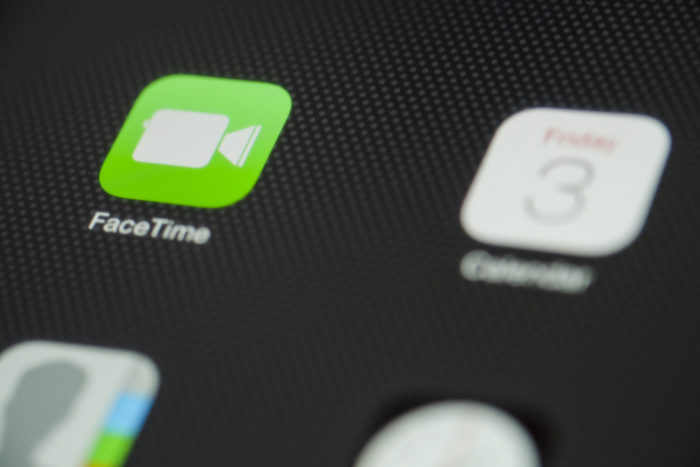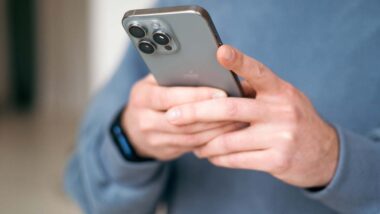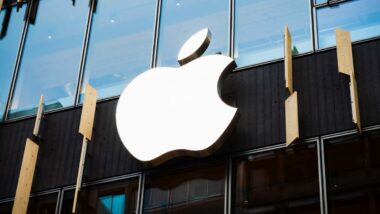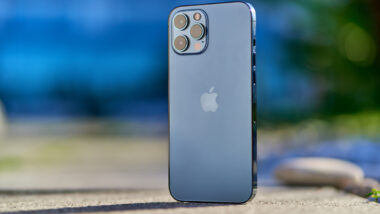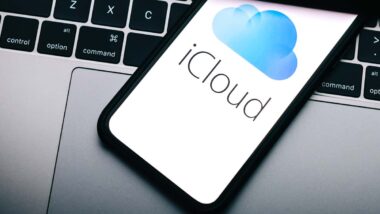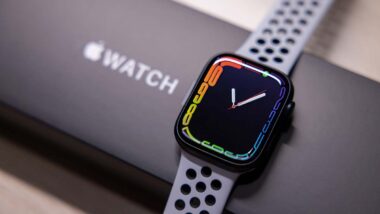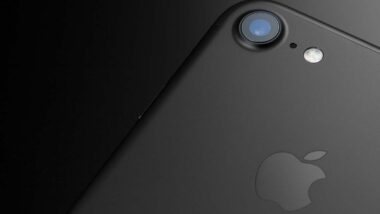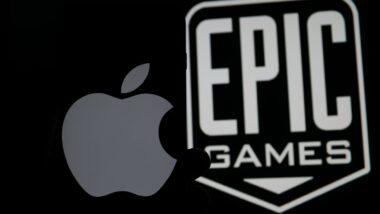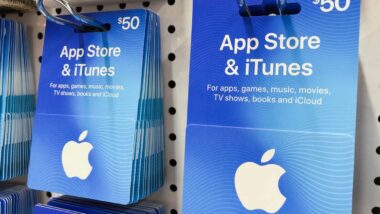Top Class Actions’s website and social media posts use affiliate links. If you make a purchase using such links, we may receive a commission, but it will not result in any additional charges to you. Please review our Affiliate Link Disclosure for more information.
UPDATE 3: November 2020, the Apple FaceTime class action settlement is now open. Click here to learn more.
UPDATE 2: On Aug. 21, 2019, a federal judge has rejected Apple’s bid to dismiss a class action lawsuit from customers who claim that the company intentionally prevented FaceTime from working with older operating systems.
UPDATE: On Oct. 4, 2018, Apple seeks dismissal of a FaceTime class action lawsuit alleging that it purposefully disabled the video chat feature on older iPhones.
On Tuesday, California iPhone users won Class certification for their lawsuit claiming that Apple intentionally made FaceTime unusable on iPhones with older operating systems.
U.S. District Judge Lucy H. Koh granted Class certification to Californians who owned an Apple iPhone 4 or 4S running iOS 6 or older in April 2014.
However, Judge Koh also decided to not certify a nationwide Class of iPhone users as requested because she determined that states have different laws that would determine liability, and the Class Members would have to show that Apple violated laws in all 50 states, though the consumers’ claims aimed to argue that Apple had violated California’s Unfair Competition Law and committed a trespass to chattels.
According to Judge Koh, “In sum, because the place of the wrong was the state in which each class member was exposed to the FaceTime breach each class member’s claims should be governed by the law of the state in which they were exposed to the FaceTime breach.”
Judge Koh also did determine that owners of phones that had been jailbroken would be excluded from the California Class. “Jailbreaking” is the process by which a consumer removes a phone’s limitations so it can be programmed to function in ways that are beyond its programmed specifications.
The Apple iPhone FaceTime class action lawsuit was filed in February 2017 by owners of iPhone 4 and 4S. They claimed that Apple attempted to save money on FaceTime in newer operating systems by using non-relay technology.
Thus, the company allegedly tried to get more users to use the new operating system. However, the iPhone 4 and 4S phones are not compatible with that update, and after Apple changed FaceTime to work with non-relay technology, those phones did not work with FaceTime.
The users say that the new technology caused the iPhone 4 and 4S to “buckle under the weight of the new software.” The iPhone FaceTime class action lawsuit claimed that the company intentionally decided to “break” FaceTime for iPhone users running the iOS 6 and older operating systems so that the company did not have to spend as much money to let the FaceTime calls go through on the earlier relay technology used by older operating systems.
According to the Apple iPhone FaceTime class action lawsuit, the newer operating systems caused consumers’ keyboards to work slowly and caused apps to take a long time to load. The users say they were forced to choose between these inconveniences or removing FaceTime from their phones entirely.
Apple attempted to have the FaceTime class action lawsuit dismissed on the grounds that the company’s service agreement allegedly made the consumers’ claims invalid, but this argument was rejected by Judge Koh in July 2017.
She said that “Indeed, the fact that Apple explicitly disclaimer the continued availability of ‘services,’ but did not similarly disclaim the continued availability of FaceTime or the iOS software itself — of which FaceTime is a ‘feature’ — cuts against Apple’s argument that Apple disclaimed the continued availability of FaceTime.”
Apple also attempted to argue that the service agreement similarly invalidated the consumers claims that the new operating systems caused the iPhone 4 and 4S to perform sluggishly, but Judge Koh rejected this argument.
The iPhone 4 and 4S users are represented by Jill M. Manning of Steyer Lownethal Broodrookas Alvarez & Smith LLP.
The Apple iPhone FaceTime Class Action Lawsuit is Grace v. Apple Inc., Case No. 5:17-cv-00551, in the U.S. District Court for the Northern District of California.
ATTORNEY ADVERTISING
Top Class Actions is a Proud Member of the American Bar Association
LEGAL INFORMATION IS NOT LEGAL ADVICE
Top Class Actions Legal Statement
©2008 – 2024 Top Class Actions® LLC
Various Trademarks held by their respective owners
This website is not intended for viewing or usage by European Union citizens.

